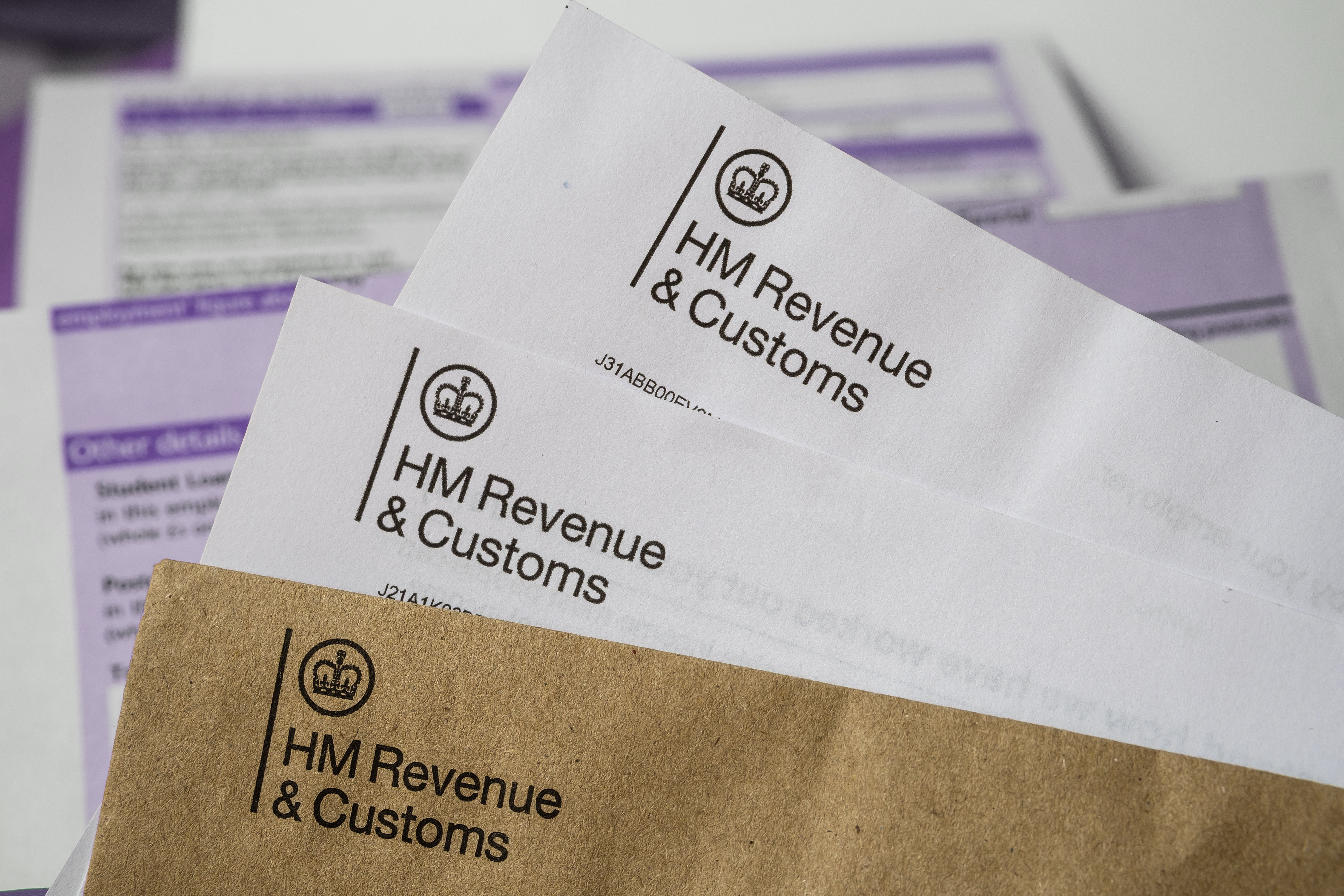The 2024 Autumn Budget and your investments: opportunities and considerations
The Autumn Budget isn’t necessarily just about tax rises. There could also be opportunities for investors who know where to look.
The value of investments can fall as well as rise and that you may not get back the amount you originally invested.
Nothing in these briefings is intended to constitute advice or a recommendation and you should not take any investment decision based on their content.
Any opinions expressed may change or have already changed.
Written by Jason Mountford
Published on 27 Sep 20245 minute read

The lead up to the Autumn Budget has many investors trying to pre-empt the Chancellor’s announcements. For example, the data appears to point to a falling interest in buy-to-let property investment, over the perception that potential changes to capital gains tax (CGT) and the new Renter’s Rights Bill could put pressure on profits.
More broadly, rumours over increases to the aforementioned CGT, plus inheritance tax (IHT), pensions and others, are painting a negative picture to investors. This isn’t totally unjustified. Indeed, the Prime Minister himself has said that the Autumn Budget is going to be “painful.” 1
However, it’s not all doom and gloom, and the importance of the upcoming Autumn Budget on long term investors may be overstated. In fact, the legislative changes being discussed could even present opportunities for growth.
In this article, we take a closer look at things to consider in the lead up to the Autumn Budget, and investment opportunities to watch out for.
UK investments and your portfolio
The first point to highlight is the UK’s position in a diversified investment portfolio. The London Stock Exchange makes up a relatively modest 3.7% of the global stock market capitalisation (total value) as of January 20232.
For context, the combined market capitalisation (market cap) of every company listed on the London Stock Exchange was just over £3.36 trillion2 in August 2023. As an illustrative example one of the largest single stocks in the world, Apple, has a current market cap at the time of writing of £3.48 trillion4.
This means that while a diversified portfolio will likely have some exposure to the UK market, it wouldn't be expected to make or break your investment returns.
Volatility is about how prices go up and down in the markets and the speed of these changes. Investors who are concerned about how a volatile UK market might impact their portfolio should review their levels of diversification to assess their exposure to the local market and put this into the context of their overall asset allocation.
Local address — global focus
The international focus doesn’t end there. The largest companies on the London Stock Exchange tend to make the majority of their revenue (or at least a large proportion) from overseas markets.
At the time of writing, the five largest companies by market cap on the London Stock Exchange are AstraZeneca, Linde, Shell, Unilever and HSBC5. These are all multi-national corporations with diversified revenue sources from around the world, which are unlikely to be disrupted by changes to personal tax legislation in the UK.
The takeaway here is that investors shouldn’t overstate the importance of the Budget on their investments. Yes, tax changes may necessitate the need to review the overall financial plan and tax strategy, but from an investment standpoint, the impact may not be as significant.
Of course that doesn’t mean you should completely ignore the impact the Budget might have. Here are some of the investment opportunities that may present themselves.
Potential investment opportunities post-Budget
Before we get into the details, there is a big disclaimer to be made. Other than the Chancellor and her closest colleagues, no one knows what the Autumn Budget holds. With that in mind, these are ideas, sectors and potential opportunities to watch, rather than concrete data on which to base investment decisions now.
Infrastructure investments
Infrastructure investments have struggled now for a number of years. Covid put the brakes on investment into assets such as airports and rail projects, and rapid interest rate rises made financing new projects more expensive than they have been in years6.
This has resulted in many infrastructure investment funds trading well below their net asset values. Now, with interest rates slowly beginning to come down, investment managers are looking more closely at these funds.
So, what does this have to do with the Autumn Budget? Infrastructure spending has been a major theme of the Labour government’s economic plans since before the election. With more favourable interest rates, and a push from the government for both public and private infrastructure spending, we may see some attractive investment opportunities in this sector.
Pension fund investment incentives
While we’ve discussed the fact that the UK stock market isn’t necessarily central to an investors long term performance, it still has a part to play, and our investment managers are constantly seeking opportunities in the space.
When it comes to stock market prices, supply and demand characteristics can play a huge part, sometimes even more so than fundamentals like revenue and profits. The more demand there is for UK equities, the higher the prices could go. For some time now, this demand has been dropping.
There are many reasons for this, but one standout is the lack of investment from domestic pension and insurance companies. Prior to 1997, dividends received from UK listed stocks came with a 10% tax credit, as recognition of the fact that the company itself had paid corporations tax on that income.
This dividend tax credit was removed by Chancellor Gordon Brown in 1997, and the result was profound. Since then, the share of UK equities owned by pension and insurance companies has fallen from around 46%, to now just 4%7.
Labour has made no specific mention of bringing back this dividend tax credit, but their election manifesto states that “Labour will also act to increase investment from pension funds in UK markets8.”
Even a moderate increase in demand for UK equities from institutional investors could create opportunities for growth in the UK market which have not been seen for some time.
The case for stability
It’s no secret that the UK market has experienced a prolonged period of instability, with Brexit, multiple changes to the country’s leadership, and the impact of global issues such as high inflation.
With that in mind, the Autumn Budget is an opportunity for the new government to present an image of stability to the world. In an environment where some other countries in Europe are experiencing instability of their own, this fact alone could help the UK become a more attractive place for overseas investment.
Change can bring opportunity
We’ve gone through some of the potential investment opportunities that could arise in the coming months, but there will almost surely be many that haven’t yet become clear. The key point for investors is that change can create opportunity.
A proactive and efficient approach is prudent, in order to take advantage of those opportunities when they arise.
Take a proactive approach to your investments with Bestinvest
Our Coaches are always on hand to discuss what’s happening in the markets, give your existing investment portfolio a health check and to talk through your goals and plans.
With the Autumn Budget coming soon, there are likely to be plenty of changes to consider. If you have any questions about your financial plan or investment strategy, speak to one of our Coaches for free.
Sources
1 Financial Times Keir Starmer warns autumn Budget is going to be ‘painful’ 27 August 2024
2 Statista Global stock markets by country February 2024
3 The World Federation of Exchanges Market Statistics - Focus October 2023
4 companiesmarketcap.com Apple (AAPL) - Market capitalization 20 September 2024
5 companiesmarketcap.com Largest UK companies by market cap 19 September 2024
6 Portfolio Adviser Why infrastructure trusts entry economics are attractive 19 September 2024
7 Evelyn Partners Labour wants Bidenomics for Britain 23 May 2024
8 Labour Party Manifesto 2024 Labour Party Manifesto 2024: Our plan to change Britain June 2024
Get insights and events via email
Receive the latest updates straight to your inbox.
You may also like…

Investing
Seven investing principles for DIY investors in volatile markets





